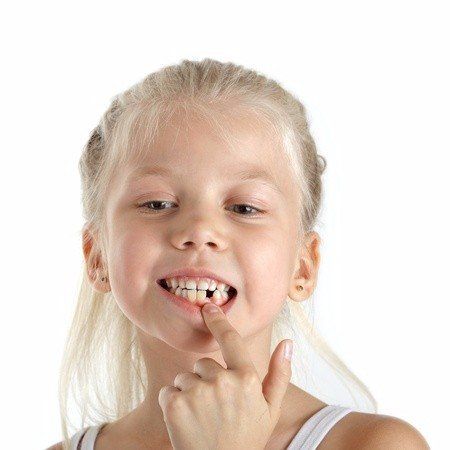Surviving the First Lost Tooth Healthily
The loss of a child’s first tooth is a milestone everyone and
every parent must face, and all children respond to it differently. Some are
excited about a visit from the tooth fairy while some are nervous about the
pain of losing the tooth. When children start to lose their baby teeth, it
means their adult teeth are on the way. Most children typically start to lose
their first baby teeth, or primary teeth, around six years old, and they can
lose their last primary tooth anywhere between nine and 13 years old.
When children lose their first tooth, special care needs to be taken in caring for the gap until the adult tooth grows in its place. This will ensure the health of your child’s mouth and gums.
Wipe Your Child’s Gums
Similar to using a sterile cloth to wipe your child’s gums during infancy, this is one of the things you can do after the child loses his or her first tooth. You can also have your child rinse and gargle with salt water to keep the area sterilized. Then, place gauze or a cool tea bag on the socket to discourage the child from spitting as this motion can cause more bleeding. The bleeding should stop after about ten minutes, and if it persists, a dentist should be notified.
Use a Topical Anesthetic
if your child is experiencing pain or discomfort right after that first tooth falls out, try using a topical anesthetic. Being over the counter, a topical anesthetic is a safe and easy way to ease your child’s pain after the bleeding has stopped. If the pain continues, notify your dentist.
Try an Anti-Inflammatory
Wiggling the loose tooth in the gum is natural for children who are curious about their first lost tooth, but this could cause swelling from all the agitation. Children’s ibuprofen can help curb the inflammation, but again, if the swelling does not go down, consult with the child’s dentist.
Do Not Brush the Socket
One important thing to remember is that after the first tooth is detached, brushing with even a soft bristle toothbrush can irritate the gums. Instead, have the child brush all other teeth properly and avoid the socket for about a day to heal.
Taking care of the primary teeth affects the development of permanent teeth, so making sure your children are taking care of their teeth is a must. Avoid an excess of sugary snacks, make sure they brush their teeth twice a day and floss at least once a day, and make sure their oral health is top notch.
Did you
know that you can save up to 20 percent off your dental bills with our New
Hampshire discount dental plans
? We offer individual, family, and employee
plans for small business owners. To learn more, click here.
Copyright:
chepko
/ 123RF Stock Photo











